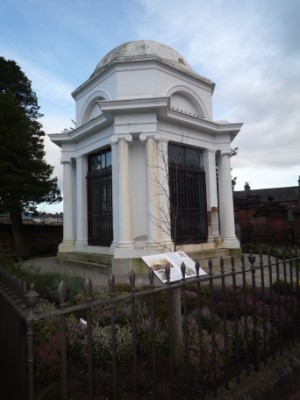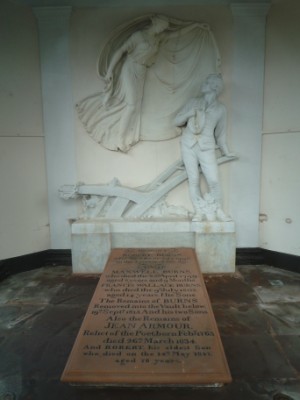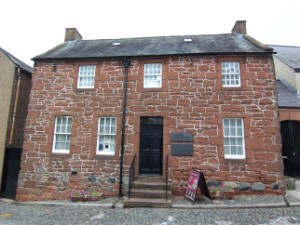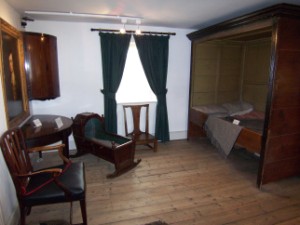Scotland Travel Blog January 2012
"Robert Burns Remembered"
The first Blog entry of 2012. I’m skipping a blog entry for December as last month flew past in a flurry of activity with us updating the itineraries with the latest information on 2012 events. After an intense period of reading and double checking the guides (I swear my eyesight gets worse every time I do this) we had a week off to rest, recuperate and, in my case, recover from a really bad bout of the Flu.
So January is now upon us and that means Burns Supper time in
My formative years were spent at
So now you might appreciate why I associate the poetry of Robert Burns with endurance torture techniques. Indeed, it might be a good challenge for a Japanese game show.
Despite my mental scars, I can still appreciate that Burns was a literary giant. The fact that he achieved so much from such a humble start in life is a testament to his intelligence and the quality of the Scottish education system in the 1700’s. Sadly, Robert Burns, like so many great writers, was never as valued during his lifetime as he seems to have become after his death. A very clear example of this is the poet’s mausoleum in
A detailed account of the exhumation of Burns body was written by John McDairmid, editor of the local newspaper the Dumfries Courier. McDairmid recounts that when the basic coffin was first opened they found the corpse of Burns looking so fresh that he might have “newly sunk into the sleep of death”. However, when they attempted to move the body onto a platform to be transported, the head separated from the trunk and the whole body with the exception of the bones crumbled into dust. The remains were then re-interred in the much grander mausoleum that now dominates a corner of St Michael’s Kirk.


It has to be said that the graveyard at St Michael’s Kirk is quite distinctive in its own right and there are an amazing number of enormous tombstones fighting for your attention within a very small area. The sheer scale of some of these memorials would suggest that
With the exception of the new


Unfortunately, Burns was not very wealthy when he died so his family were not able to mothball his home and possessions in the same way that the family of Sir Walter Scott were able to turn Abbotsford House into a “shrine” to his memory. It also has to be remembered that Burns was quite a revolutionary character in his day and was not popular with the establishment for his support of the French Revolution and his criticism of the Act of Union with the Westminster Parliament. When he died, he was not the sort of figure that the authorities would want the public to hold up as a hero.
From his poetry, I guess he would probably be enjoying the current growth of the movement towards Scottish Independence. He displayed some of his views on this in his poem “Scots Wha Hae” (Scots Who Have). The poem is meant to be based on the words that Robert the Bruce spoke to his troops before the Battle of Bannockburn. It’s stirring stuff, even for a 7 year old with cramp in his butt!
Scots, Wha Hae.
Scots, wha hae wi' Wallace bled,
Scots, wham Bruce has aften led,
Welcome to your gory bed
Or to victorie!
Now's the day, and now's the hour:
See the front o' battle lour,
See approach proud Edward's power -
Chains and slaverie!
Wha will be a traitor knave?
Wha will fill a coward's grave?
Wha sae base as be a slave? -
Let him turn, and flee!
Wha for
Freedom's sword will strongly draw,
Freeman stand or freeman fa',
Let him follow me!
By oppression's woes and pains,
By your sons in servile chains,
We will drain our dearest veins
But they shall be free!
Lay the proud usurpers low!
Tyrants fall in every foe!
Let us do or dee!
